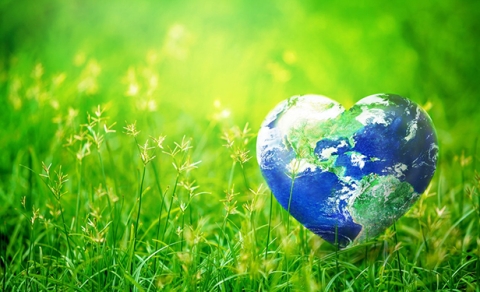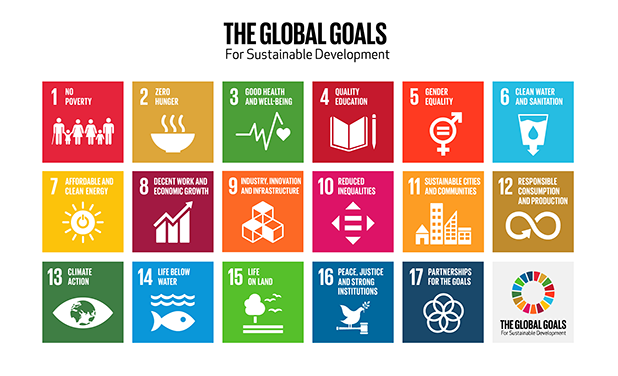Celebrate Earth Day By Getting Excited About Sustainability Again

With the events industry focused on COVID-19 recovery, discussions around the role that sustainable events play in helping to stop an even bigger long-term threat — climate change — have taken a back seat. But during the virtual Global Meetings Industry Day on April 15, sustainability experts Mariela McIlwraith, director of industry advancement for the Events Industry Council, and Courtney Lohmann, director of corporate social responsibility for PRA Business Events, focused on the extreme importance of event sustainability going forward.
Just in time for Earth Day, which celebrates its 50th anniversary today, the comprehensive session, titled “Events As Accelerators for the Sustainable Development Goals,” outlined how event planners and stakeholders can help further the United Nations’ Sustainable Development Goals. During the session, McIlwraith and Lohmann cited several compelling examples of how event organizers can use the goals as a roadmap to redesign cleaner, greener, healthier, more inclusive and resilient events.
While there are 17 Sustainable Development Goals, McIlwraith and Lohmann zeroed in on those with the greatest synergy with exhibitions and events and how event planners can apply them.
Here are a few takeaways to help you start thinking about how to integrate some of the SDGs into your planning actions once the industry makes plans to move forward with events.
Good Health and Wellbeing: Fighting Communicable Diseases
Post-pandemic, finding ways to stave off the transmission of communicable diseases at events will be key going forward, and that means evolving your on-site practices, McIlwraith said. She recommends event planners start thinking about the following:
- Having strong hygiene practices in place and making them public
- Providing protective equipment for staff to keep them safe
- Re-thinking food service methods such as buffets and shared serving utensils
- Changing processes at common congestion points such as registration
- Tweaking meeting room design to create socially distanced seating configurations
Responsible Consumption and Production: Halving Global Per Capita Food Waste
While many stakeholders in the events industry have been actively addressing food waste and responsible consumption, event planners will need to continue tackling this issue going forward. Here are some easy ways to shrink your food waste footprint, according to Lohmann.
- Research your attendees’ dietary history and preferences
- Cross-check with hotel for food pickup patterns
- Collect event attendance and dietary needs
- Opt for smaller portion sizes
- Use restaurant or room service delivered to meeting room for small groups
- Choose plant-forward menus
- Use the same menus as other in-house groups
- Communicate your food waste strategy with participants
- Work with a reliable food rescue organization
Also, don’t forget to FLOSS by choosing food that is:
- Fair (fairly traded)
- Local
- Organic
- Seasonal
- Smart (brain-friendly)
Responsible Consumption and Production: Substantially Reducing Waste Generation
Reducing waste generation at events is a big opportunity for our industry to become more sustainable. Consider adopting a circular economy mindset by looking at upcycling or recycling and reusing items instead of throwing them away. “Look at the number of events that have been contributing unused conference bags from cancelled events to produce face masks,” McIlwraith said. “Always ask: Does my event need this item? If not, toss it from your plans rather than tossing it from your event at the end.”
To be more efficient, save money and reduce the amount of waste ending up in landfill, try:
- Using less
- Choosing quality items
- Having a life cycle plan for all materials
- Donating or upcycling
- Recycling or composting
Peace, Justice and Strong Institutions – Protecting Children from Abuse, Exploitation, Trafficking and Violence
Just because we’re not meeting at this moment doesn’t mean human trafficking has also stopped. The industry still needs to be aware and work to end the abuse and exploitation of women and children, Lohmann said. Here are some ways to make a difference:
- Educate yourself and your teams about human trafficking and the warning signs of this illegal behavior so you can be part of the solution
- When considering gifts for virtual or live event attendees, work with a conscious gift company that helps female victims of human trafficking
To learn about EIC’s Principles for Sustainable Events and to access their Sustainability Standards and library of resources, check out the EIC Centre for Sustainable Events here.



Add new comment